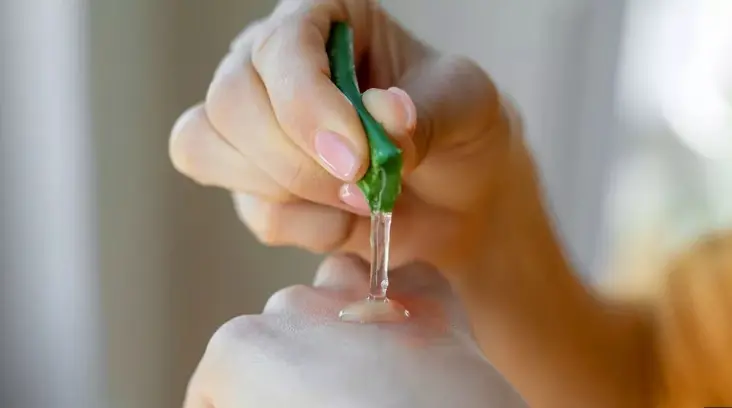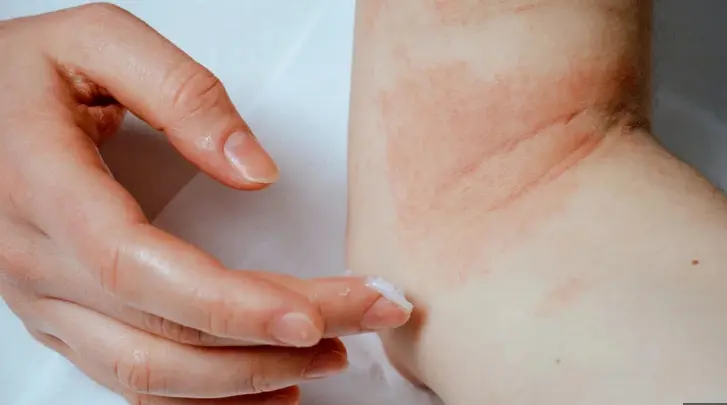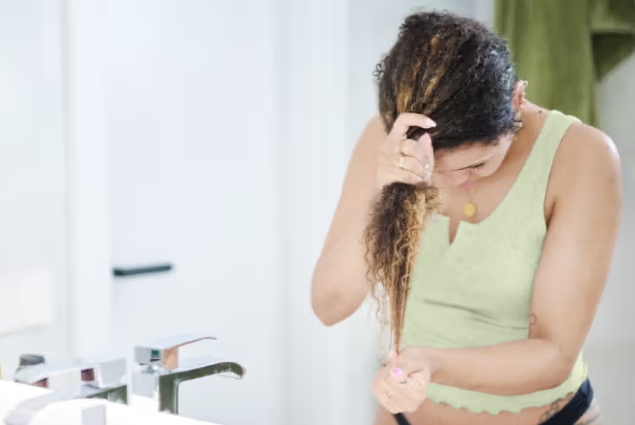
Over-the-Counter Treatments
Topical Antifungal Creams and Ointments
One of the most common and effective ways to treat ringworm is through the use of topical antifungal medications. These include creams, lotions, and powders that contain active ingredients such as clotrimazole, miconazole, terbinafine, and ketoconazole. These medications work by killing the fungi or inhibiting their growth, providing relief from symptoms and promoting healing.
Application Guidelines
For the best results, it's important to follow the application instructions provided with the medication. Typically, the affected area should be cleaned and dried before applying a thin layer of the antifungal cream. This process should be repeated twice daily for at least two to four weeks, even if symptoms appear to resolve sooner. Consistency is key to ensuring the infection is fully eradicated.
Prescription Treatments
Oral Antifungal Medications
In more severe or widespread cases of ringworm, or when the infection does not respond to over-the-counter treatments, doctors may prescribe oral antifungal medications. These include drugs such as terbinafine, itraconazole, and fluconazole. Oral medications are particularly effective for treating ringworm infections of the scalp and nails, where topical treatments may not penetrate deeply enough.
Monitoring and Side Effects
While effective, oral antifungal medications can have side effects, including gastrointestinal issues and potential liver toxicity. Patients taking these medications should be monitored by a healthcare provider to ensure safe and effective treatment. Regular blood tests may be required to check liver function.
Home Remedies and Natural Treatments
Tea Tree Oil
Tea tree oil is known for its antifungal and antibacterial properties, making it a popular home remedy for ringworm. Applying a diluted solution of tea tree oil (usually diluted with a carrier oil like coconut oil) to the affected area can help reduce symptoms and speed up the healing process. However, it's important to conduct a patch test first, as tea tree oil can cause skin irritation in some individuals.
Apple Cider Vinegar
Apple cider vinegar has natural antifungal properties and can be used as a topical treatment for ringworm. Dabbing undiluted apple cider vinegar onto the infected area with a cotton ball several times a day can help combat the fungi. Its acidic nature helps create an environment that is hostile to fungal growth.
Garlic
Garlic is another natural antifungal agent. Crushed garlic cloves can be applied directly to the affected area, or garlic can be consumed to boost the immune system. Some people create a garlic paste by mixing crushed garlic with olive oil and applying it to the ringworm, covering it with a bandage for a few hours before rinsing it off.
Preventative Measures
Maintain Good Hygiene
Good personal hygiene is crucial in both preventing and managing ringworm. Regularly washing hands, bathing daily, and keeping skin clean and dry are essential steps. Paying special attention to drying areas where skin folds, such as between the toes and in the groin area, can help prevent the growth of fungi.
Avoid Sharing Personal Items
Ringworm is highly contagious and can spread through direct contact or by sharing personal items like towels, clothing, and grooming tools. Avoiding the sharing of these items and ensuring they are washed regularly can help prevent the spread of infection.
Wear Breathable Clothing
Wearing loose, breathable clothing can help reduce moisture and heat, which are conducive to fungal growth. Opting for materials like cotton instead of synthetic fabrics can help keep the skin dry and less prone to infection.
Environmental Considerations
Clean and Disinfect Living Spaces
Fungi can live on surfaces for extended periods, so it's important to clean and disinfect living spaces, especially if someone in the household has ringworm. This includes regular washing of bedding, clothing, and any surfaces that may come into contact with the infected area.
Pet Care
Pets can also be carriers of ringworm. Regularly check pets for signs of infection, and take them to the vet if ringworm is suspected. Maintaining good hygiene and grooming practices for pets can help prevent the spread of ringworm to humans.
Conclusion
Ringworm, though common and highly contagious, can be effectively managed and treated with a combination of over-the-counter medications, prescription drugs, home remedies, and preventive measures. By maintaining good hygiene, using appropriate treatments, and taking steps to prevent reinfection, individuals can successfully control and eliminate ringworm, ensuring healthier skin. If symptoms persist or worsen, consulting a healthcare provider is essential for proper diagnosis and treatment.





